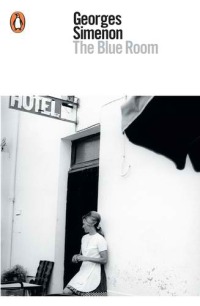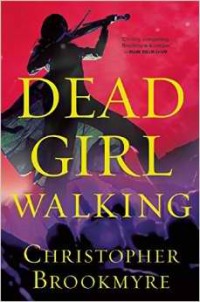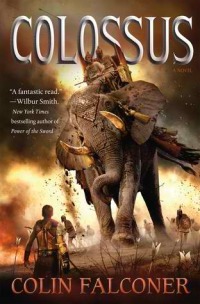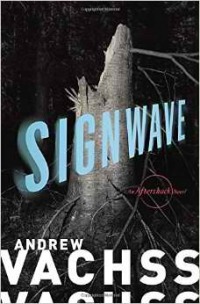Here Are the Young Men by Rob Doyle
 Monday, June 22, 2015 at 8:59AM
Monday, June 22, 2015 at 8:59AM 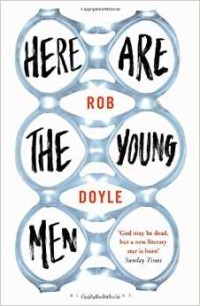
Published in Ireland in 2014; published in the United States by Bloomsbury on June 16, 2015
A common theme of literary novels is that people are all the same in fundamental ways. The theme of Here Are the Young Men is that people are fundamentally different.
The young men to which the title refers have been raised in the suburbs of Dublin. They are friends. They share common experiences, anxieties, and cynicism -- a feeling of emptiness, exiles in their own country -- yet despite their commonalities, they make individual choices that set them apart from each other. They also evolve during a pivotal summer in their young lives, setting paths for themselves that inevitably strain the bond that has held them together.
Joseph Kearney, a nihilist who is obsessed by sex and violence, spends much of his time wanking, fantasizing about mass murder, and thinking up bloody video games (including "Orgasm of Hate") that, if they existed, would -- sadly enough -- likely sell by the millions. Kearney's fantasies become progressively more revolting as the novel progresses, as do his actions.
Richard Tooley ("Rez") is engulfed in numbness. He want to eradicate from his life those feelings that are "expected" or "programmed," leaving only those that are genuine. Rez is a philosopher of despair, the one emotion he regards as honest. He believes his mind is a virus that is killing him with unstoppable thoughts, producing a darkness of the soul.
In many respects, Kearney and Rez are mirror images. Kearney sees all the darkness in the world and embraces it. Rez sees all the darkness and is horrified by his inability to turn away from it.
The third significant character, and probably the most well-adjusted (although that is meager praise given his choice of friends), is Matthew Connelly. Matthew holds out hope of college acceptance as an alternative to work, which he detests, but having devoted his young life to alcohol and drugs, he worries about his performance on his Leaving Certificate examination. He spends the summer drifting, getting high and drunk as he frets about his friends, his lover, and his future while awaiting the test results.
All three men are friends of Jen, the only character with a definite plan to attend college. Jen also feels deadened by the dullness of Dublin and plans to travel first, but she believes "there's more to life than only hate and rage." Unfortunately, her attempt to connect with Matthew is filled with obstacles.
All of the characters regard Dublin as drab and joyless. Despite being drunk or high most of the time -- the only way they seem capable of responding to the challenges of life -- they voice some fascinating thoughts. The thoughts reflect confusion and existential angst as the characters try to find the point of a universe built on entropy, but they also reflect a time and place in which nothing seems original or meaningful. Rez, for instance, loves The Clash, but he believes their music originated in a time when it was possible for music to express something new. Rez equates current music to the life he is living: derivative, stale, repeating what others have already done.
Here Are the Young Men is neither an easy nor a fun read. A couple of dark events near the summer's end add drama to a story that is otherwise focused on drugs, alcohol, sex, and disintegration. The ending comes as a shock but it is oddly gratifying and true to the story that precedes it.
Few readers would want to know the protagonists. No rational person would want to live their lives. For that reason, many readers will find Here Are the Young Men unappealing. The novel is nevertheless compelling in its brutally honest view of alienated young men who are struggling to make sense of life in an environment they regard as irrelevant and hopeless.
RECOMMENDED
 TChris |
TChris |  Post a Comment |
Post a Comment |  Ireland,
Ireland,  Rob Doyle in
Rob Doyle in  General Fiction
General Fiction 